Adrian Bell was a rather frail young man of 20 when, in 1920, he left the bohemian life of London to work on a Suffolk farm. Out of that experience he wrote Corduroy, one of the classic accounts of life in the English countryside.
Adrian Bell’s father had been withering about his son’s literary ambitions but agreed to let him learn agriculture and sent him as a paying guest to a farming family in a village near Bury St Edmunds. ‘I was flying from the threat of an office life,’ Bell writes on the first page of the book. Yet when he arrived one autumn day on an old motorbike he felt all wrong for the part – too much of a ‘gent’ with his weak hands, his boots which were unlike anyone else’s, and his inability to understand the Suffolk dialect. Like many townies, he assumed at first that the yokels were somewhat simple, but soon his own ignorance of the countryside and initial inability to do the most basic physical tasks taught him a new respect. A farmer, he discovered, stored away in his head thousands of facts about animals, crops and fodder, while his eye for a pig was ‘as subtle as an artist’s’.
Bell’s eye was subtle too. He grew to love the land, and Corduroy – the first volume in a trilogy – is filled with the most precise yet poetic descriptions of the countryside and of farming life. It was a book, his son the MP Martin Bell tells us, that many soldiers from the villages of England took with them in their kitbags to the war zones of the Second World War to remind them of the world of peace and sanity they had left behind. For Corduroy is not simply a period piece – it captures what is unchanging about the lives of those who live from, rather than simply on, the land.
Another Country
Bell’s first book has the virtues which allow it to transcend its times: acute observation, sincerity and that simplicity of style which does not date. Published in 1930, it portrays a way of life...
Read moreFrom the Farmhouse Window
The middle volume of Adrian Bell’s inter-war farming trilogy, Silver Ley (1931), is, in its quiet, unassuming way, the most poignant memoir I think I have ever read. Picking up where his first book...
Read morePloughing On
The writer Adrian Bell first arrived in Suffolk in 1920 – a delicate young would-be poet, fresh from public school at Uppingham and the polite drawing-rooms of Chelsea, under pressure from his...
Read more‘Quite simply a delight . . .’
‘Dear Slightly Foxed, I look both Ms Mantel and Mr Bell away with me. I wasn’t sure how I’d get on with Giving up the Ghost but I found her view on memory very interesting. How right she is too...
Read more‘One of those books which is about nothing and yet everything . . .’
‘I wanted to thank you for introducing us to Adrian Bell, who both my husband and I have really enjoyed. I did not think I would at all, in fact out of all your editions I thought his sounded like...
Read more‘A magical description of a vanished time . . .’
‘I just wanted to tell you all how very much I have enjoyed Adrian Bell’s Corduroy. It is a magical description of a vanished time, very evocative in so many ways and has kept me engrossed far...
Read more‘What makes Corduroy such an enjoyable book is the way he writes about the experience.’
The majority of the book is Bell being introduced to a task, doing it badly, and getting better. What makes Corduroy such an enjoyable book is the way he writes about the experience. He is never...
Read moreA Countryman’s Notebook: Adrian Bell and the Loss of Rural Culture
Adrian Bell, most well-known for Corduroy and his ‘Rural Trilogy’, was a farmer-writer whose work reflects the changes in farming between 1920 and 1980. In the second half of his life,...
Read moreA Countryman’s Winter Notebook | Winter Noon
This is December; everything proclaims it: that glimmering sun that can hardly climb the sky, the hawthorn hedges all red with berries, running from the red roofs in one village to the red roofs of...
Read more




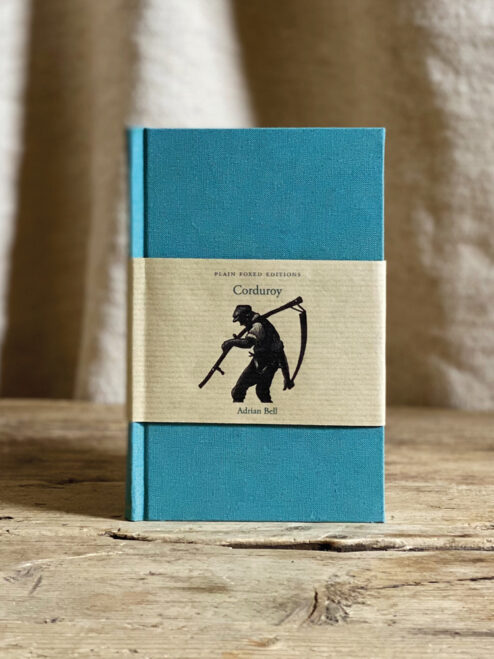
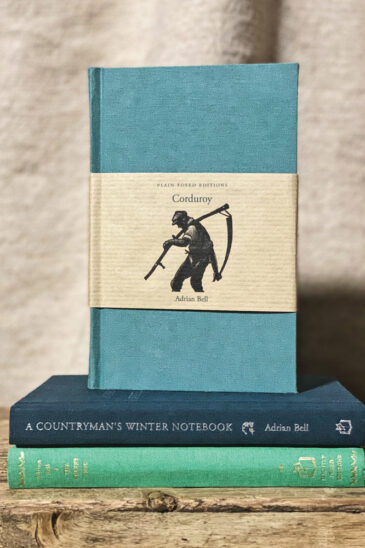
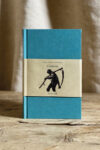
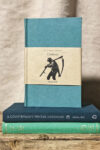
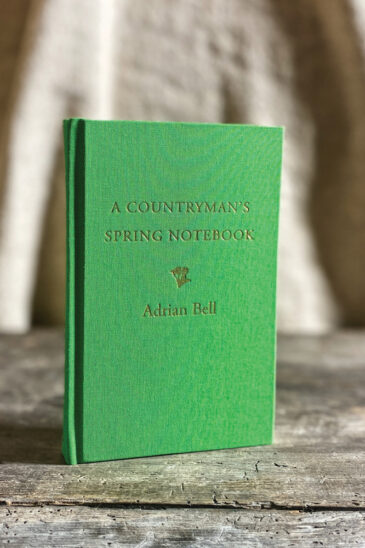
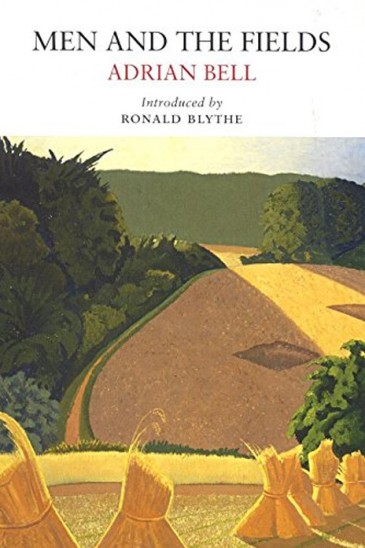
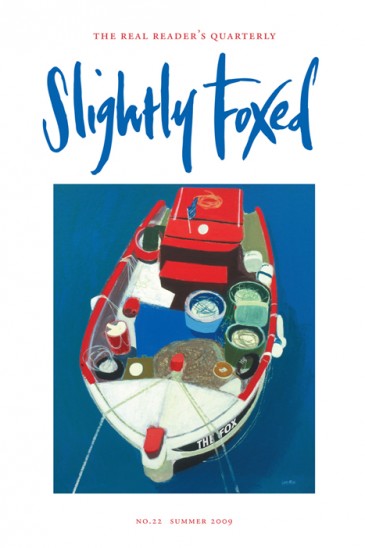
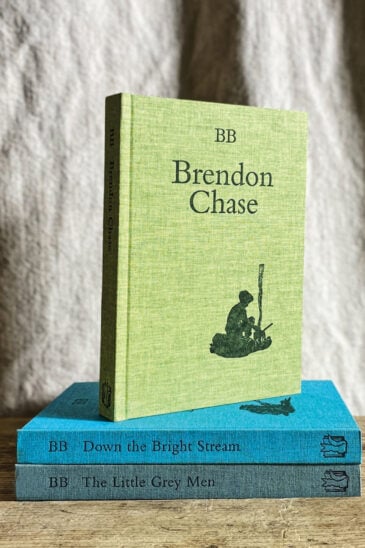
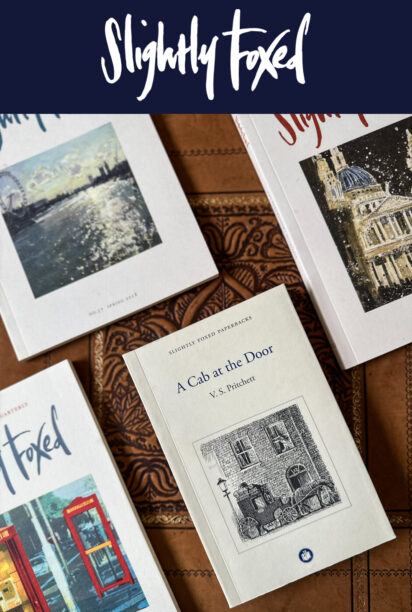
The premise is that Bell didn’t really know what to do with his life when was 19 – which was in 1920. Between them, he and his father decided that he might become a farmer – and Corduroy is his account of getting some experience to this end. Before putting all his eggs in one basket, he had to find out how the farming malarkey went . . . The majority of the book is Bell being introduced to a task, doing it badly, and getting better. What makes Corduroy such an enjoyable book is the way he writes about the experience. He is never patronising about the labourers, and nor does he idolise them with the eye of a Romantic poet.